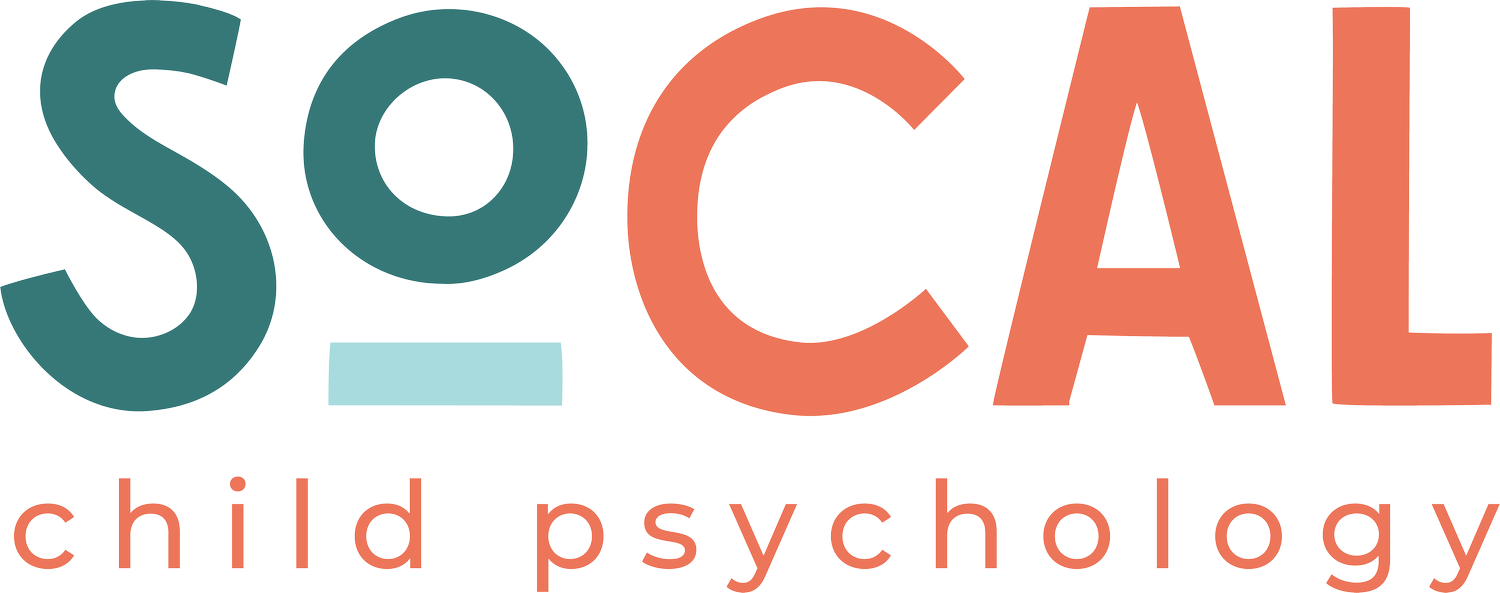6 Tips for Parents of ADHD Children
Having a child with ADHD can be overwhelming at times. You might want to do whatever it takes to help them, but there’s often a sense of chaos or disconnection that can make things frustrating — for everyone in your family, including your child.
Thankfully, there are things you can do to shift the energy in your family to something more positive, and to evoke a home environment of calm support.
How you guide your ADHD child now can help to set them up for success in the future. So, while you might be dealing with some frustrations now, please recognize that your child is likely just as overwhelmed. When you work together to find ways to overcome their symptoms, it benefits everyone.
Let’s cover a few tips you can use to counter the challenges often associated with raising a child with ADHD.
1. Educate Yourself
One mistake so many parents make is allowing themselves to fall into ideas of stereotypes or “what they hear” about ADHD. While you’ll learn a little about the condition from your child’s doctor, it’s important to research.
Having ADHD doesn’t mean your child is somehow behind. It means their brain works differently. Understanding how it works and how ADHD affects them can empower you to help them find their strengths and feel more confident in your support.
2. Keep Things in Perspective
There will be times when you’re so frustrated with your child’s behavior that you feel completely overwhelmed.
While letting them know certain behaviors are not okay, don’t take things personally. Most ADHD children want to sit still, listen to their parents, and do the right things. It’s the disorder, not them, and most of the time, any negative behavior isn’t done intentionally or with any ill will.
3. Follow a Routine
Routines are beneficial for almost every child, but they’re especially essential for children with ADHD. The structure associated with a daily routine can help a child with ADHD clearly understand expectations and feel less overwhelmed as they work to reach those expectations each day.
Things like setting a specific time for bed, having meals together, and establishing a morning routine before school can go a long way in helping your child feel more organized and calm.
4. Spend Time Outside
Your child needs to have a calm space, and that can be in the home. It’s a place where they can go to find freedom from distractions that can be overwhelming and make their symptoms worse. But it might be even more beneficial to create their calm space somewhere outside.
Nature is a wonderful therapeutic resource, and studies have shown that “green time” is beneficial for kids with ADHD. It can make it easier for them to manage their symptoms, and is a great way to expel energy. Spending time outdoors can also encourage better sleep, which is another great way to keep ADHD symptoms in check.
5. Use Rewards and Consequences
Rules and expectations within your house provide structure to your ADHD child. They should be clear, easy to follow, and consistent. Don’t hesitate to remind your child of the rules regularly or have them written down somewhere in the house. While that might seem a little extreme, it can actually be comforting for your child.
Make sure they know the consequences if a rule is broken, and reiterate why the rules are in place as often as possible. This kind of structure will teach your child discipline and help them understand the importance of rules well into adulthood.
6. Take Care of Yourself
You can’t pour from an empty cup. There’s no denying that parenting an ADHD child comes with challenges.
So, make sure you’re practicing self-care as often as possible. Prioritize sleep. Get plenty of exercise. Boost your mental health through things like journaling and meditation. Self-care as a parent isn’t selfish; it’s necessary and will make you more present and patient as you work with your child.
There’s no reason you have to deal with discord in the home just because you have a child with ADHD. Implement some of these tips, and you’re likely to see a shift in behaviors and the overall environment of your family life. You can also take pride in knowing these efforts will set your child up for a brighter future.


